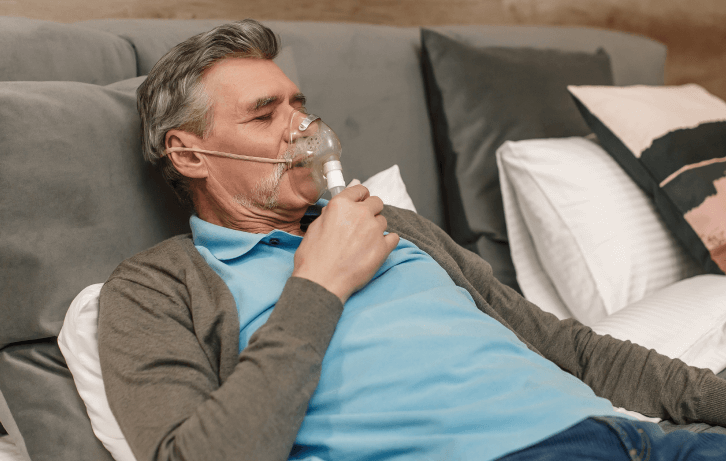CPAP Therapy: A Guide for Senior Respiratory Health
As we age, maintaining good respiratory health becomes increasingly vital. For seniors facing respiratory challenges, Continuous Positive Airway Pressure (CPAP) therapy has emerged as a transformative solution. In this guide, we will explore the fundamentals of CPAP therapy, its benefits for senior respiratory health, and essential considerations for those considering this treatment option.

Understanding CPAP Therapy:
CPAP therapy is a non-invasive treatment commonly used to manage sleep-related breathing disorders, such as sleep apnea. It involves the use of a CPAP machine, which delivers a continuous stream of air through a mask worn over the nose or both nose and mouth. The positive air pressure helps keep airways open, preventing interruptions in breathing during sleep.
Benefits for Senior Respiratory Health:
- Improved Sleep Quality: Seniors often face challenges with sleep, and sleep apnea can exacerbate these issues. CPAP therapy promotes uninterrupted breathing, leading to better sleep quality and, consequently, improved overall well-being.
- Enhanced Cognitive Function: Adequate oxygen supply is crucial for brain function. CPAP therapy ensures a consistent flow of oxygen, reducing the risk of cognitive decline associated with untreated sleep apnea.
- Cardiovascular Health: Seniors are more susceptible to cardiovascular issues. CPAP therapy has been linked to a decreased risk of heart disease and related complications by addressing sleep apnea, a known risk factor for cardiovascular problems.
- Daytime Alertness: Treating sleep apnea with CPAP can alleviate daytime sleepiness and fatigue, contributing to increased alertness and overall productivity in seniors.
Considerations for Seniors:
- Consultation with Healthcare Professionals: Before initiating CPAP therapy, seniors should consult with their healthcare providers. A thorough assessment will help determine the suitability of CPAP and the appropriate settings for individual needs.
- Comfort with the Equipment: Ensuring that seniors are comfortable with the CPAP machine and mask is crucial for adherence to the therapy. Providers often offer various mask options to accommodate different preferences.
- Regular Maintenance: Seniors should adhere to the recommended maintenance schedule for their CPAP equipment. This includes cleaning the mask, tubing, and filters regularly to ensure optimal performance and hygiene.
CPAP therapy stands as a beacon of hope for seniors grappling with respiratory challenges, particularly sleep apnea. By improving sleep quality, enhancing cognitive function, and promoting cardiovascular health, CPAP therapy offers a holistic approach to senior respiratory well-being. As always, it is essential for seniors to work closely with their healthcare professionals to determine the most suitable treatment plan for their individual needs.
